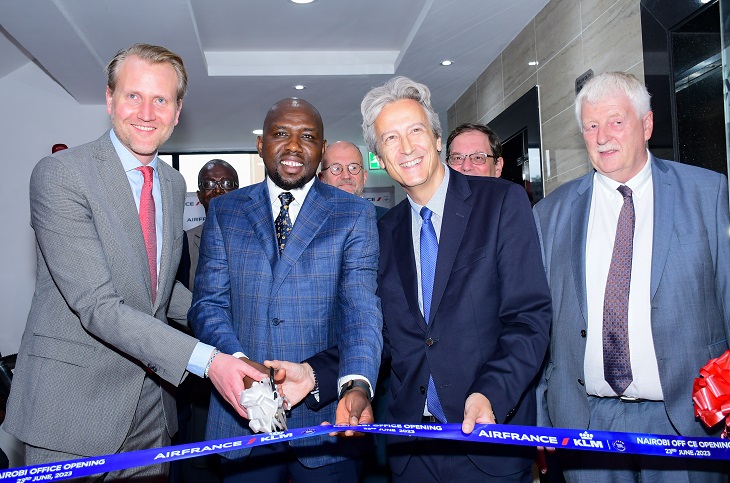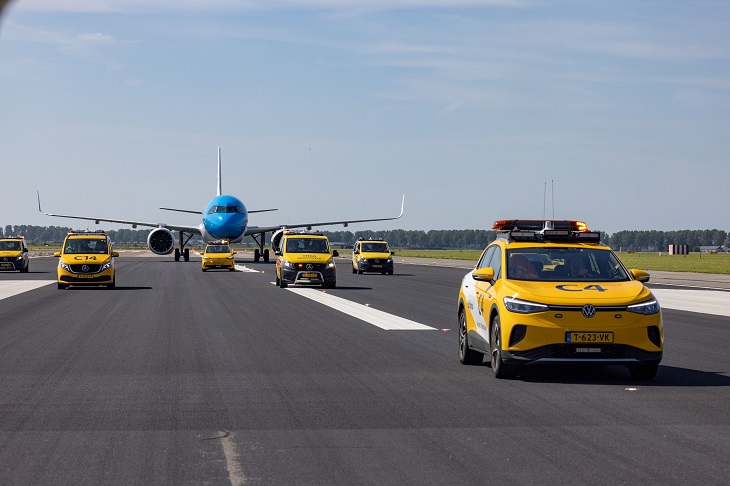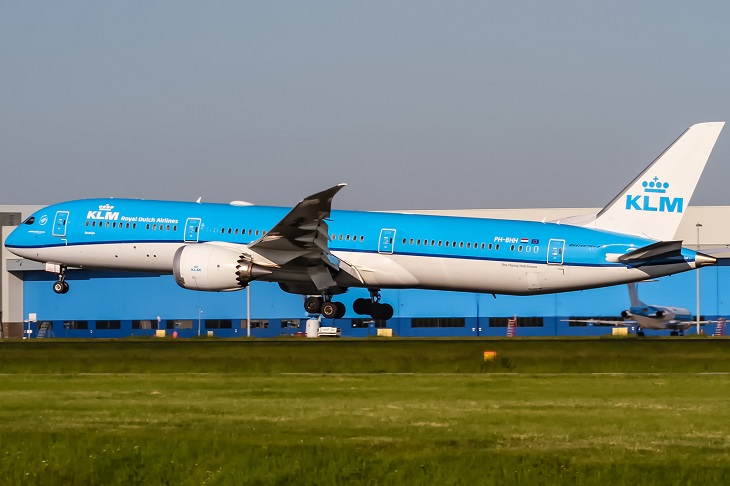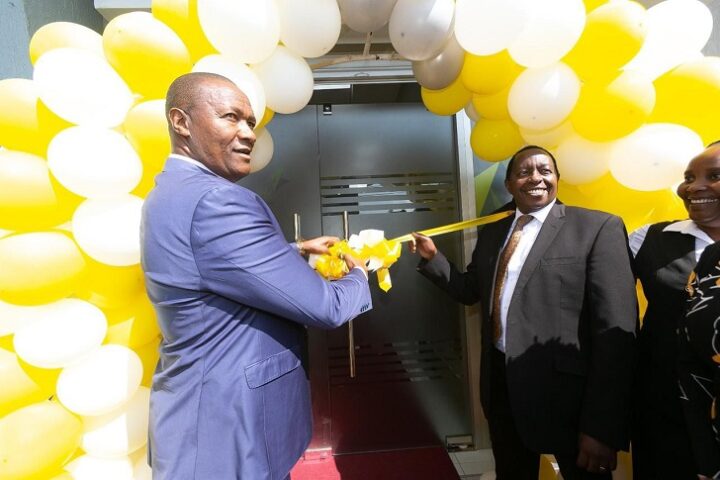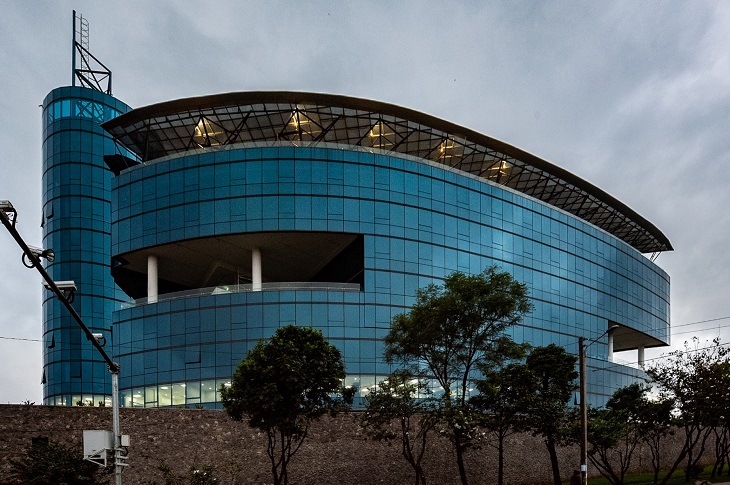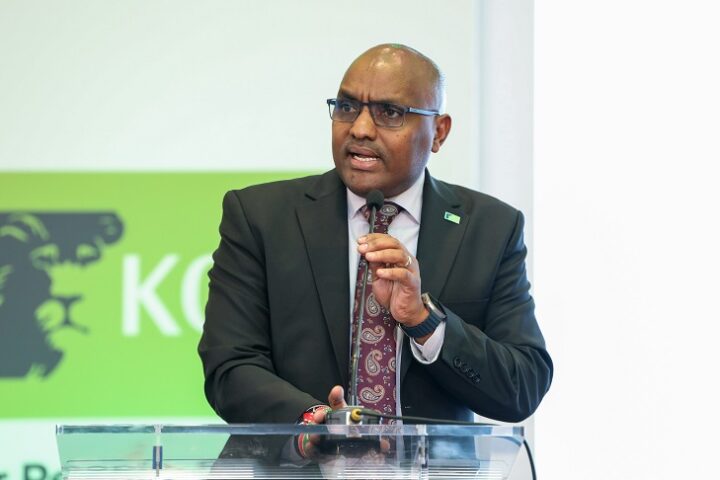Air-France KLM group airline expects Available Seats per Kilometer (ASK) among its airlines to go back to 2019 levels from 2024.
This follows an increase in passenger capacity in the second half of 2023 by 8.2 percent or 24.7 million passengers across its airlines compared to the same review period in June 2022. The percentage increase was at 88 percent of 2019 levels.
According to the group’s half-year results, as the capacity increased by 8.2 percent and the passenger traffic grew by 11.6 percent, the load factor increased by 2.6 points compared to last year, marking a significant step towards the airline’s recovery and growth journey.
Giving his remarks on the performance and 2024 projections, AFKLM General Manager for East and Southern Africa, Nigeria, and Ghana Marius van der Ham said, “We are thrilled to see our airlines rebounding with such resilience after the turbulent times brought about by the Covid-19 pandemic. Our commitment to innovation and adaptability has been pivotal in this journey. As we continue to invest in technology, customer experience, and sustainable aviation, we are confident that by 2024, we will not only recover to 2019 levels but also set new standards for the industry. This remarkable growth in passenger capacity and improved load factor is a testament to the dedication and hard work of our team and the unwavering trust of our passengers.”
For the third and fourth quarters of 2023, the group expects to register approximately 95 percent capacity in Available Seat Kilometers to 128.69 million, a 13 percent increase from the 114.26 million registered in 2022. In Africa, the ASK is expected to rise to 14.74 million up from 13.14 million registered in 2022. To do this, the Group remains agile in optimizing fleet, workforce, network, and costs and continues its sustainability efforts.
With increased passenger traffic, the group saw its net income for the review period grow by 88 percent to KES 96.04 billion from KES 51 billion registered within the same review period in 2022.
The revenues from ordinary activities went up 14 percent to KES 1.19 trillion driven by a higher capacity (+8 percent), a higher passenger load factor (+3 points), and a higher passenger yield (+9 percent).
“Despite the inflationary context, we posted double-digit growth in our revenues and a record operating margin. The rollout of new award-winning products across our airlines continued unabated, which serves as a testament to the commitment of our employees, whom I would like to thank. Moving forward we intend to continue delivering on our strategic roadmap, and leverage secured ambitious partnerships in the field of sustainability that will prepare us for our medium to long-term future.” Said Marius van der Ham
Moving into 2023, the group seeks to enhance its transformation efforts including fleet renewal and spending optimization to compensate for the inflationary cost pressure. This will see it decrease its unit cost in the period 2024-2026 year over year against a constant fuel price.


